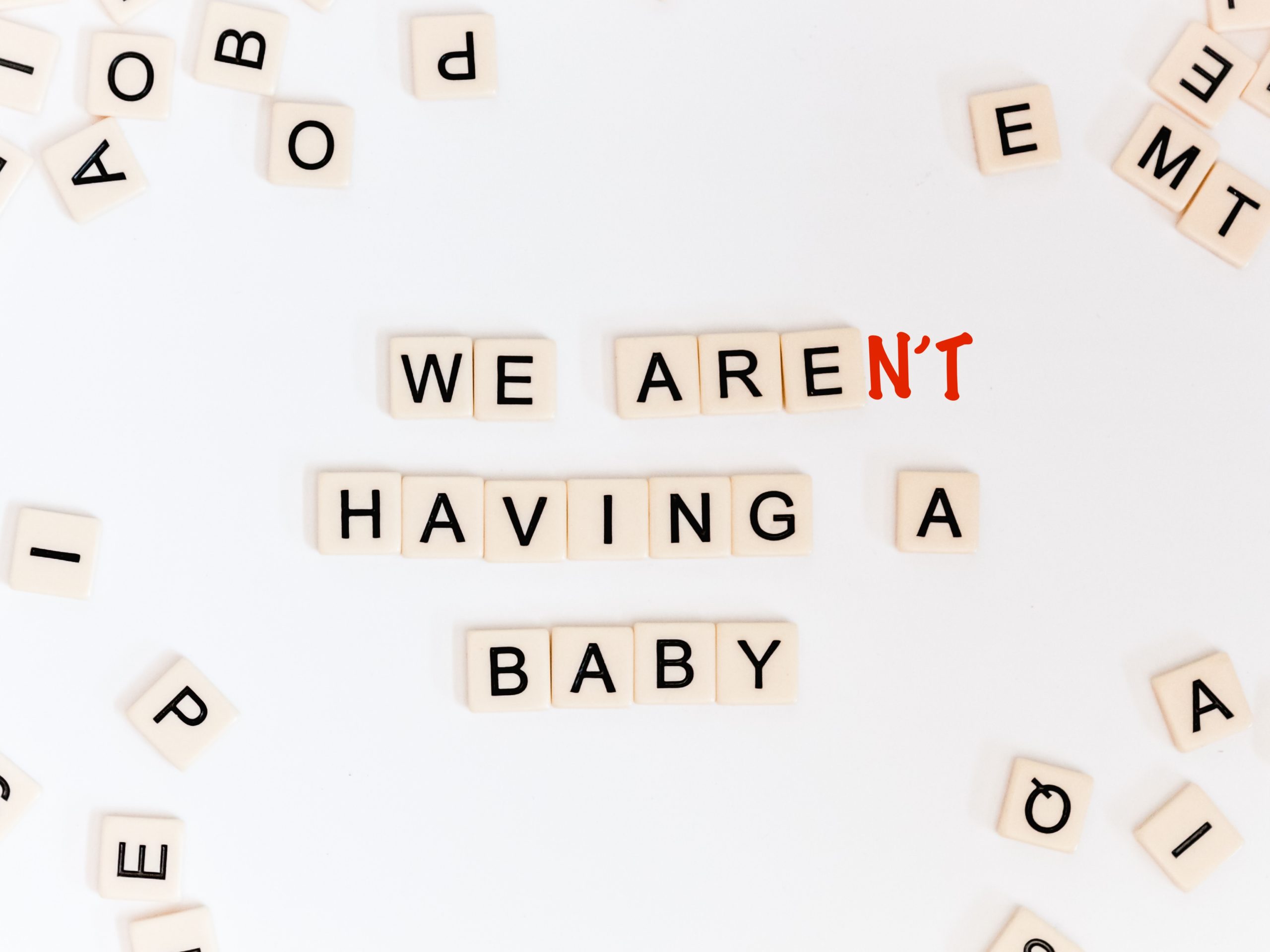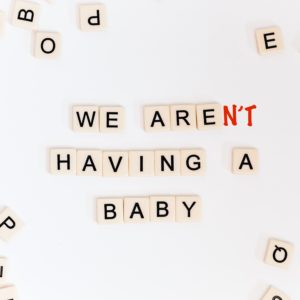When Your Grief is Invisible: Infertility and the Grief Experience
This week is Infertility Awareness week. Infertility has an invisibility to it that few other griefs do. When someone dies, people notice. But what if there is no body to bury or no name to say? What if the loss is invisible?
 Infertility has both male and female victims and is a term applied to women who can get pregnant but not sustain the pregnancy. So the little lives that are lost to infertility either exist only briefly or in the hearts of the people seeking to create them.
Infertility has both male and female victims and is a term applied to women who can get pregnant but not sustain the pregnancy. So the little lives that are lost to infertility either exist only briefly or in the hearts of the people seeking to create them.
Let’s face it, our society struggles enough to talk about tangible losses. How much better do you think we handle an intangible loss? The early miscarriage, or 6 miscarriages? The death of the dream of being biological parents? We don’t do well because it is so very sad and hard to accept that pain like this exists. But if we want to live truthfully and in reality, cultivating a willingness to be with
Furthermore, the inability to get pregnant is not a one-time grief. It is suffered with each negative pregnancy test. A repeated gut punch to a lovely but ever-increasingly-desperate hope. There’s a torture to it that I wouldn’t wish on anyone.
Some ways that we fail people struggling with infertility is by giving advice.
“You should try this supplement …”
“Just keep trying …”
“Well you can still be parents, just adopt.”
These are some of the fix-it phrases that pop into all of our minds when we want to see someone’s suffering go away – when we want it to become invisible again. But ultimately, they do more damage than good. While a mature person may be able to sense some form of care behind the mask of the fix-it phrase, mostly these comments just further isolate couples from sharing their painful reality.
While some people who endure infertility for a time find success through treatment, this is not the reality for all couples. We see stories online of families who couldn’t have children, then adopted and then got pregnant. Those are wonderful stories. The danger is the dismissive assumption that all of these stories have this fairytale quality to their endings.
So, if someone you know has suffered infertility I would encourage you to reach out this week. This may require some bravery on your part – that’s good, you can do hard things. Maybe send a card (here’s a good one), let them know you are thinking of them, or include them in an outing this week. Basically, just look for ways to be a good friend and someone who is safe to talk to – even if it doesn’t come up or you don’t talk long. Simply being available and open to other’s pain is a valuable gift to give.





1 Comment
Thank you for this article. Although it has been many years since we went through the infertility cycle it was still very beneficial. Another aspect is that the hormone therapy that the mother must endure leaves many lasting effects on the body, not discussed at the time of treatment. Would I do it again knowing these effects YES but I mention it as most people who do not suffer with infertility have no idea what that person has had to endure. The best response is how can I support you? or I’m here if you need me.